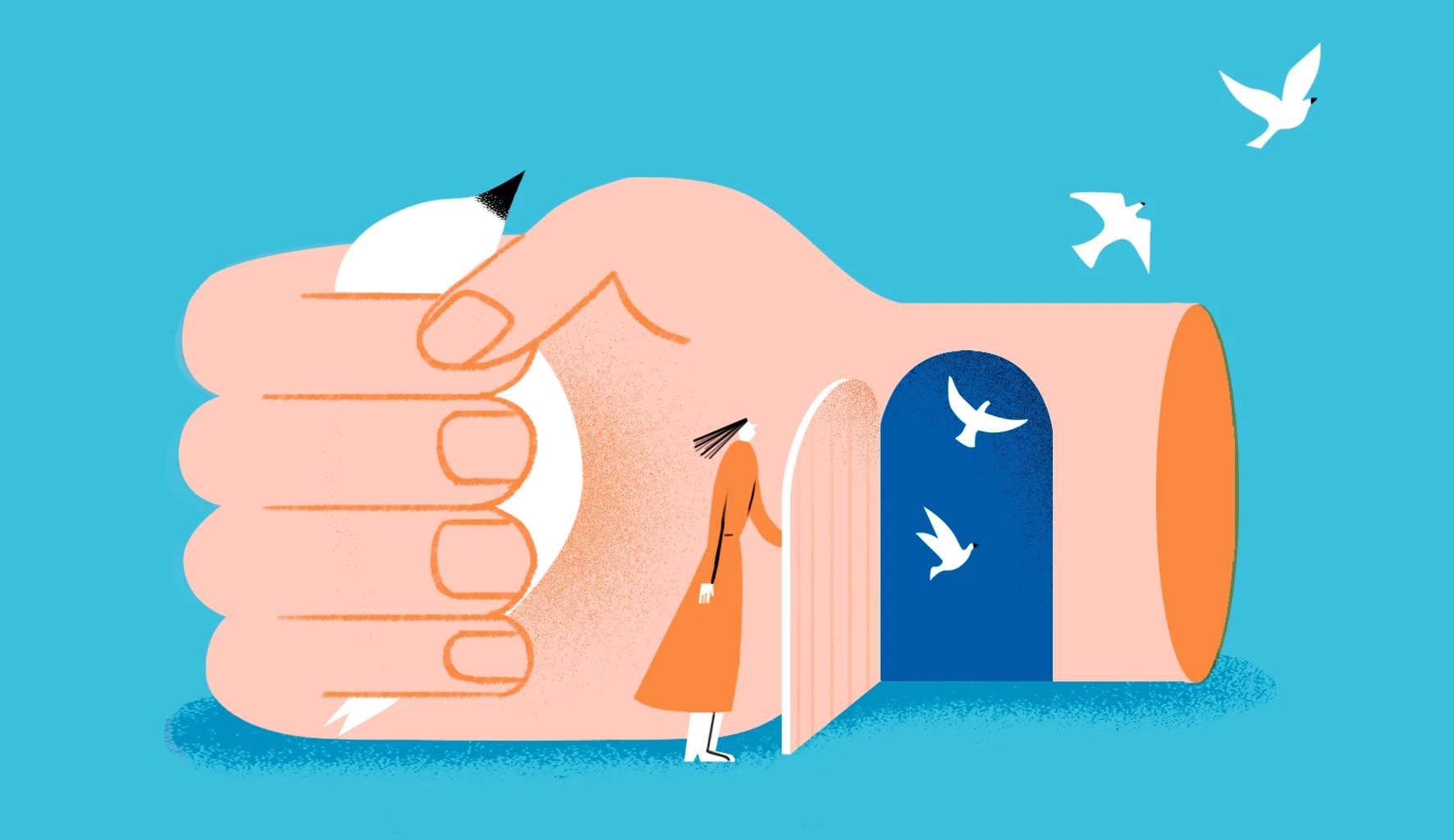AARP Hearing Center


Welcome to Ethels Tell All, where the writers behind The Ethel newsletter share their personal stories related to the joys and challenges of aging. Come back each Wednesday for the latest piece, exclusively on AARP Members Edition.
It happened on March 23, 2007, a Friday, at 7 p.m.
I’d just come home from work and put a can of Campbell’s chunky chicken noodle soup in the microwave. I was mixing myself a Bloody Mary when I heard my husband come in the front door.
He walked into the kitchen, grabbed the vodka bottle from me and poured himself a glass. I could see he had already been drinking. His eyes were dark and round, the way they always got when he was mad. He spit out four words: “I want a divorce.”
I heard him say other words, too — “I want to date other people” — but the first four sent me to the floor, and I stared at the white tile until it became a big blank spot, a hole, an erasure of 17 years of marriage and a family.
The soup stayed in the microwave for days. I could eat almost nothing and drink only milk. I lost 20 pounds in two weeks. I was barely there — my divorce demolished me.
Two hundred and thirty-three days later, on Nov. 11, our anniversary, I wrote in my calendar: “Today, I started to love him less.”
And today … I love him in a faraway storage unit of my mind.
He is like an old Christmas ornament I once treasured but put away, out of sight, wrapped in plastic. We send friendly texts on birthdays. But I don’t really know him anymore, nor do I know the shrunken me who hit the tile floor that Friday night.
When my husband left me for another woman — he’d been cheating for several months — my friends swooped in to feed me mashed potatoes as they assured me that the sun would come out again, though not tomorrow.
My best friend, Jo Beth, who had just split up with her husband, sent me a copy of Melody Beattie’s The Language of Letting Go, with a note: “My wish for you is that you come through this smarter, kinder and more loving.”
I didn’t know what a “codependent” was until I read Beattie’s book, but I soon learned her definition: “A codependent person is one who has let another person’s behavior affect him or her, and who is obsessed with controlling that person’s behavior.”
I had tried to control what was uncontrollable.
My first therapist diagnosed me quickly: “Oh, I get it,” he said, “You’re a high-functioning, self-aware workaholic with abandonment issues and a tendency to parent your spouse.”
Gee, how did he know? Yes, yes and yes.





























































You Might Also Like
Can I Access Photos on My Deceased Spouse’s Smartphone?
What do you do when you don’t have a phone’s passcodeWhat a Nudist Resort Taught Me About My Body
At first, I was consumed with self-consciousness. But then things changedI’ve Lost Interest in Sex With My Wife
Losing your libido and losing interest in your wife are two different things, say our expertsRecommended for You